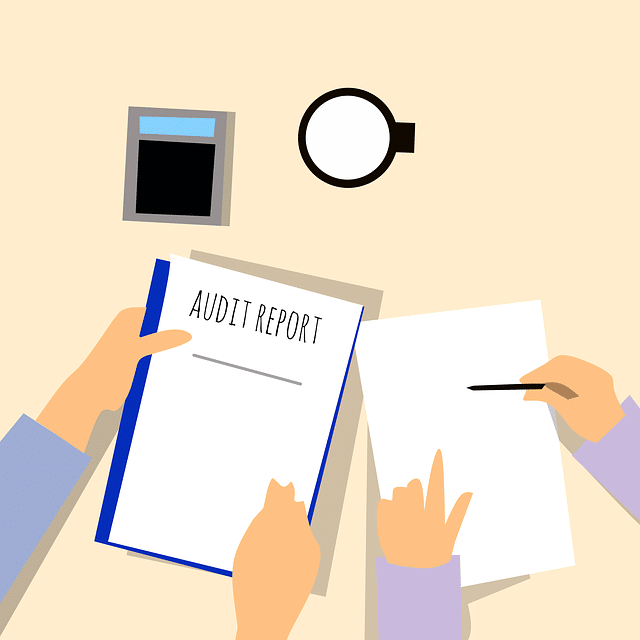
Reinvesting your business’ profits into the financial markets can sound risky. One wrong turn in the markets and you can say goodbye to your business’ coffers. Each tick in the opposite direction of your trade is another inch taken from your financial runway. But with risk also comes reward. There are many ways in which investing and trading can help your business scale fast. Here are five of them.
Earn Capital Gains
Capital gains are the profits that you make from your investment portfolio at the end of each year. By investing and trading prudently, you can earn a handsome return on investment or ROI, which can ultimately be reinvested into the business to expand to new locations faster and lease better equipment. Investing, of course, is a skill that requires time to perfect. According to Sean Seshadri, a seasoned market specialist, before you can start earning capital gains, make sure to learn proper risk management techniques and measures to minimize capital risk.
Less Need For Outside Investment
Investing in the financial markets and then allocating the capital gains to your business’ operations means you need to take on fewer if any outside investors and venture capitalists. Taking on an investor usually means more rigidity for the business since you’ll have to also take into consideration what your investors want. Over time, this can lead to a divergence in your original and initial vision of what the company should stand for and where it should be headed. By plumping up your business’ cash flow with its investment gains, you can avoid this outside influence and stick with what you want to do with your business.
Lower Your Taxes
It’s never a good feeling to close an investment position at a loss. But it should bring you some sort of consolation to be able to declare it as capital losses on your tax forms. Capital losses are only applicable to assets that are intended to rise in value. Thus, personal belongings, like cars, cannot be declared as capital losses or deductions on your tax form. Keep in mind that only realized losses can be reported. Realized losses are losing positions that have actually been closed and liquidated. By lowering your taxes, you can offset the losses and allocate more money into your business’ growth-inducing operations.
Get to Know Your Market Better
Investing and trading prudently requires that you learn everything there is to learn about your market. Deciding to invest and trade in the stock market, for instance, will encourage you to look more closely into government regulations and competitors in your industry. This bestows you with a higher sense of familiarity with the landscape, which can be used to make better decisions. You can identify opportunities faster, which ultimately result in business growth. Luckily, these days it’s easy to find relevant news about any financial market, whether it’s stocks and bonds or currencies and commodities.
Foster Profitable Partnerships
Investing in another company’s stock can turn into a profitable long-term partnership. You only invest in a company if you see the value, so why not try to capture as much of that value as you can by working side by side with them? This doesn’t just apply to companies and stock; you can also discover and build connections with commodity vendors and manufacturers while investing in raw materials, such as precious metals and agricultural products.
Investing and trading are opportunities rarely explored by business owners and entrepreneurs. As Sean Seshadri says, this could be the competitive edge you need to withstand competitors and the test of time.












Leave a Reply